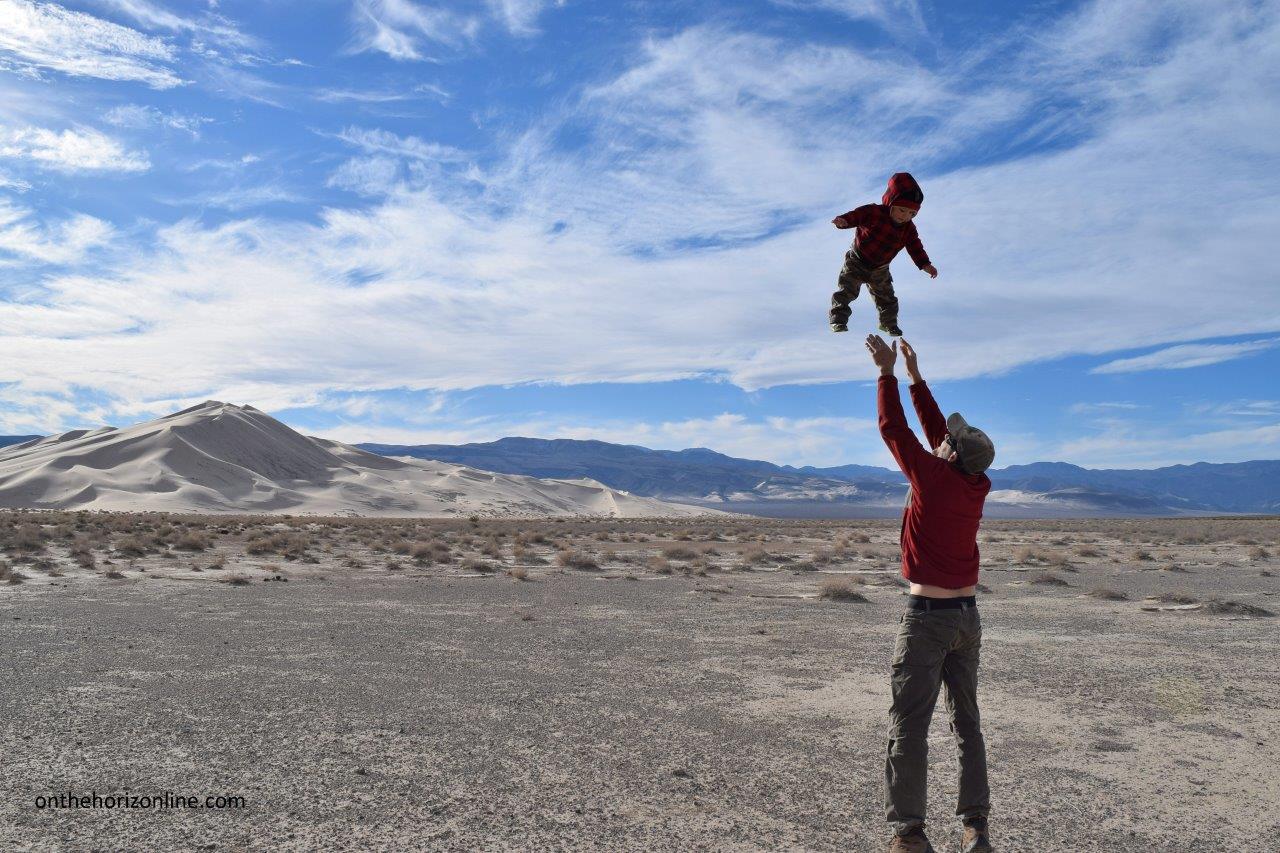We couldn’t speak the language. We didn’t understand the social structure in the ethnic Shan villages. We slept on the floor of a teak cabin in the home of complete strangers in the mountains of Myanmar. But even in a completely foreign setting, tea and babies allowed us to bridge the gap between our culture and theirs.
Rob and I spent three days trekking through northeastern Myanmar with a hired guide named Romeo (his chosen English name, since the Burmese pronunciation stumped most foreigners). Romeo was 25. He brought along his “intern,” One, who was 15, energetic, fluent in the local language of Shan, and trying desperately to learn English. Trekking is actually not a very apt descriptor for how we spent three day. It sounds too hard-core. Instead, we walked at a leisurely pace for about six hours each day between tiny villages, chatting with Romeo, listening to One sing, checking out birds and tea plantations scattered among the jungle.
As evening fell, we’d stop at one of the villages and follow Romeo into an unknown wooden house. Shan language is closer to Thai than Burmese. Rob and I quickly learned the basic ‘hello,’ ‘thank you,’ and ‘so long,’ but basically had zero clue what was happening around us most of the time. We compensated by playing with the ever-present babies crawling and toddling across the teak floors, and by drinking endless cups of tea with their parents, aunts, grandparents and neighbors – many of whom seemed to live in the house. And we did a lot of miming, which is always entertaining.
The family fed us and gave us blankets and bamboo mats to sleep on the floor. These houses had little to no furniture, other than a couple of small, round tables about one-foot high. We sat on old rice sacks. Water for washing and drinking came from a small tank (which we purified with our UV SteriPen), and the ‘toilet’ consisted of a four-foot-high bamboo box with a hole in the floor. Most of the village homes have electricity now, thanks to the recent installation of mini-hydro projects or solar panels, but usually only enough juice to fuel a couple of light bulbs.
Dinner and breakfast were the same: rice, eggs, fried potatoes, and random leaves harvested near the house. All food is prepared over an open fire that burns constantly in the middle of the main room on a concrete slab set into the hardwood floor (the babies are adept at avoiding the flames). The Shan villagers rarely eat meat, since it’s expensive, and they usually don’t grow more than a banana tree. They still gather local roots, bitter fruits and leaves, buying all of their rice and cooking oil for the year in one lump sum after they receive their once-yearly payment for the tea they grow and dry in the mountains. We learned that one kilo of dried tea earns them $4,000 kyat, and an average family harvests 1-2,000 kilos. That works out to about $8,000 USD per year for a family of four.
After dinner, we gathered around the indoor fire to ask questions of our hosts through Romeo: do they only grow tea or other crops, too? How often do they go to Kyaukme, the nearest town? Had they met many foreigners? What’s the latest with the Shan rebels fighting nearby? I whipped out our ultrasound picture to further the universal baby bond, which took 30 minutes of translating to explain to the wonder-struck villagers. Our hosts peppered us with questions, too, including how much it costs to live in America, what our house looked like, why we traveled to their village, how we make money.
Then we curled up under our blankets in the chilly mountain air, sleeping four abreast next to Romeo and One in the main room as our myriad hosts disappeared into the back room to do the same. The tinkle of bells on the necks of nearby livestock lulled us to sleep. The early morning chants of Buddhist monks collecting alms woke us up, ready for another day of walking through the mountains of Myanmar.
Stay tuned for Part Two in our trekking tale, which includes Burmese soldiers and a minor scooter accident.







One thought on “Tea and Babies – Myanmar Trekking Part One”
What an experience!